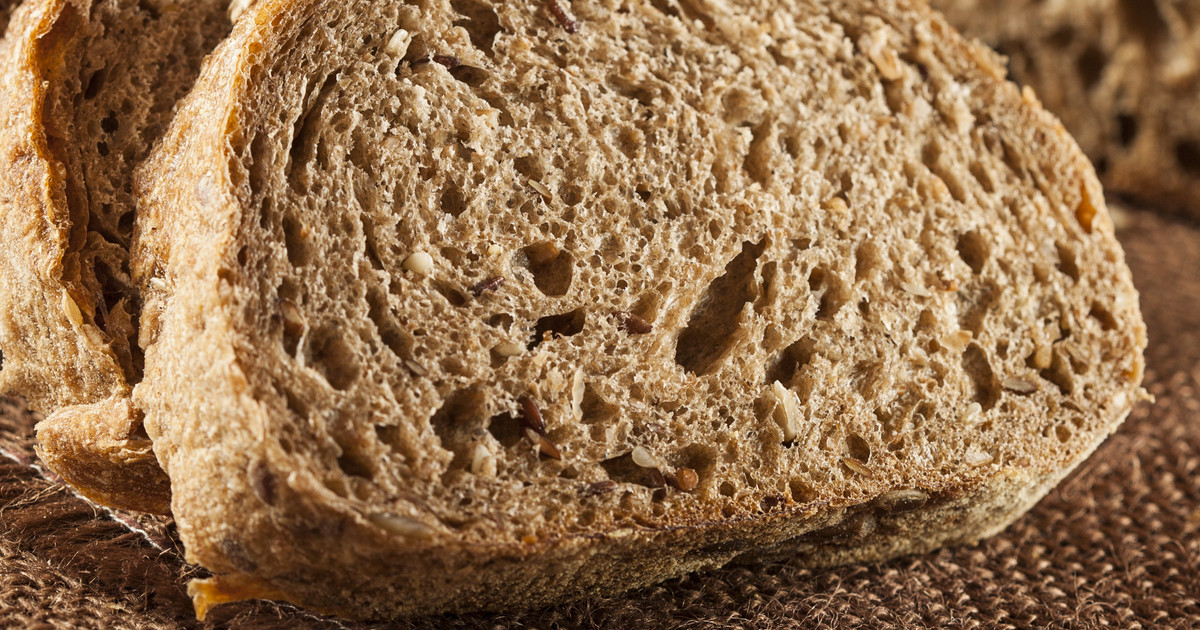Dietary Advice To Prevent Crohn's Disease Flare-Ups
Crohn's disease is an inflammatory bowel disease. It causes excessive inflammation throughout a patient's digestive tract. Flare-ups of the condition can be debilitating. Some patients may also experience potentially life-threatening complications. It is common for flare-ups to be triggered by eating certain foods, and a poor diet can make existing symptoms worse.
Many individuals will take anti-inflammatory medication for Crohn's disease. Perhaps the most common is corticosteroids for Crohn's disease. Patients may also need several other medications to treat this condition. Vitamin B12 shots for Crohn's disease are common, since patients are at risk of deficiency. Surgery for Crohn's disease may also occur. However, there are also natural remedies for Crohn's disease. Specifically, patients should design a Crohn's disease diet to prevent flare-ups.
Avoid Whole Wheat

Experts recommend that Crohn's disease patients avoid whole wheat bread and other whole wheat products. One of the major reasons that whole grains are recommended as part of a healthy diet is because they have fiber, which helps regulate the digestive tract. However, foods that are high in fiber pose a problem for Crohn's disease patients. Whole wheat contains a great deal of insoluble fiber, which passes intact through the digestive system rather than being broken down. This can lead to diarrhea and abdominal pain, particularly with Crohn's disease.
Gluten intolerance can also add to this reaction. Individuals must avoid eating bread and pasta made with whole wheat, as well as barley and rye-based products. Alternative grains include rice, rice-based pasta, gluten-free bread, oatmeal, potatoes, and cornmeal.
Continue reading to reveal more dietary advice for Crohn's disease now.
